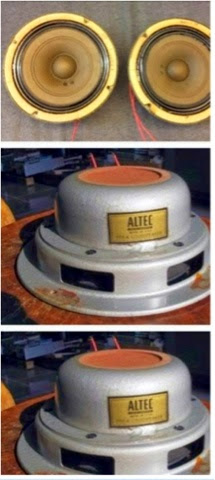I am really impressed with the Japanese as the speakers were well packed and with two set of speakers cover and even include the spekers wires and instructions booklets.
Given the limited items, I will have to make do with the simple set up.
To start the running in of my new speakers, 鄧麗君became the first guest of honor and the song 何日君再來 brought back the familiar feeling of home with hifi. Even though the set up is simple and speakers have not been properly run in, the enjoyment of music is priceless. Really glad to have my simple Elekit amplifier together with the Pioneer pure malt speakers to have me start the 2015. There is one more set available. Write to me if you are keen to get a brand new set...
Happy New Year 2015!
《何日君再來》是中國近代史上受到歡迎的經典中文歌曲,最初是1937年的電影《三星伴月》的插曲,是上海中國化學工業社為宣傳國產的上海「三星牌牙膏」而資助拍攝,歌曲由剛剛成名的周璇主唱,並灌成唱片,由上海百代唱片發行。1939年在香港製作的電影《孤島天堂》中,又由黎莉莉主唱作為插曲。1940年李香蘭在滿洲國灌唱成唱片,由百樂唱片及帝蓄唱片分別發行,結果比周璇原版更風行。李香蘭回日本後,在1952年又唱一次,由哥倫比亞唱片在日本發行。
言者無心,聽者有意。歌曲流行後,本是一首情歌,開始有人鑿穿附會,賦予政治意味,覺得它是盼日軍,是漢奸歌曲;又有人覺得是盼中華民國國軍,是愛國歌曲;又有人覺得是盼中國共產黨,是叛亂歌曲;又有人覺得是盼台灣日治時代重臨,是賣國歌曲。結果在不同時間、不同地方,禁了又禁。















































